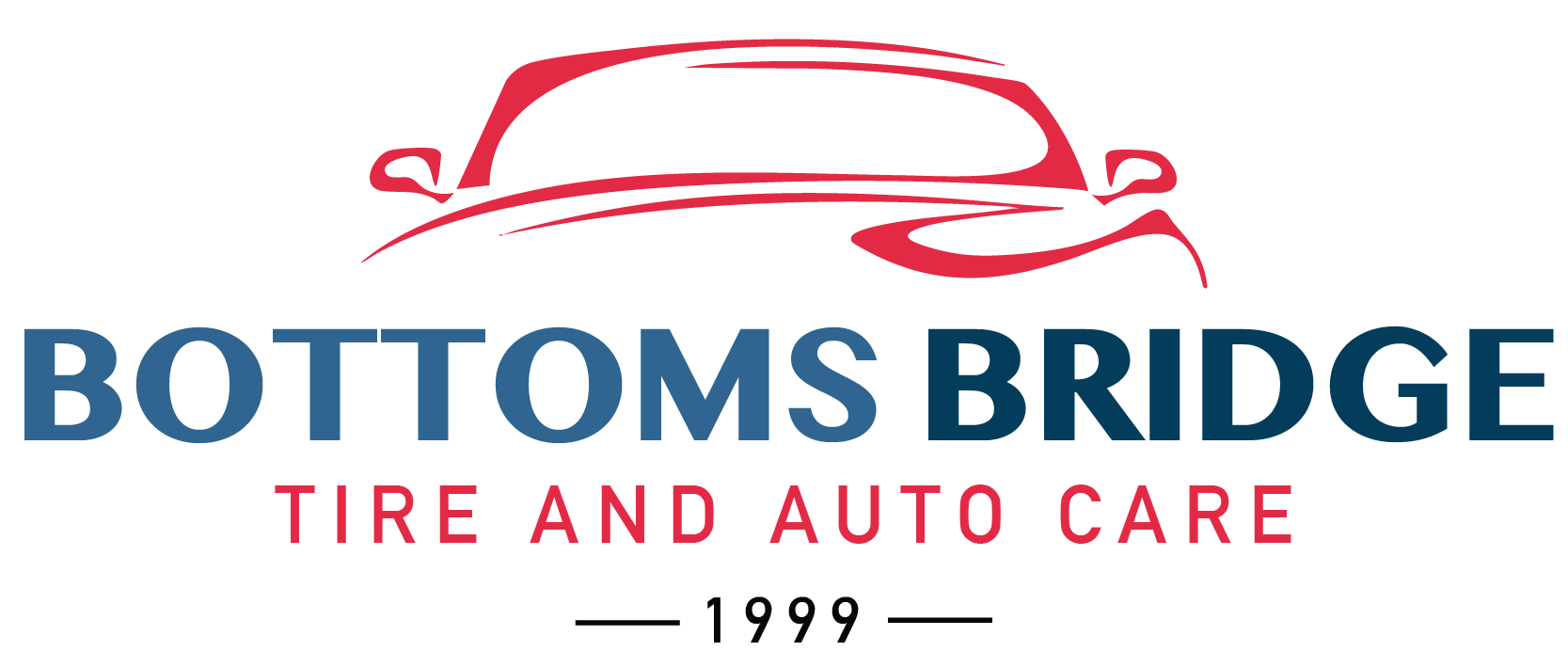Videos
Care and Instructional Videos for Your Vehicle.
How does your engine operate? What essential maintenance should you be familiar with to properly care for your vehicle? We're also providing insights into your car's brake system and tires.
Scheduled Maintenance
The engine converts fuel into power and runs accessories. Regularly replace oil, fuel, and air filters to extend engine life and improve efficiency. Engine oil additives deplete over time, leading to sludge buildup. Worn spark plugs and dirty filters reduce efficiency. Broken belts can cause major engine damage. Follow service intervals to avoid breakdowns.
Fluid Maintenance
The fluids in a vehicle serve in hydraulic applications and perform important jobs such as lubricating and cooling . Each fluid contains certain qualities and that a vehicle depends on in order for it to function properly. Over time, these qualities can change, so fluids must be maintained in order for a vehicle to operate efficiently.
Engine
Internal combustion engines convert fuel into rotational motion to drive the vehicle. Engines include pistons, a crankshaft, and valves, with components like motor mounts, oil, and belts ensuring proper operation and reducing vibrations.
Brake System
Most brake systems use a layout very similar to that seen here, comprising the pedal, a booster, a master cylinder, hydraulic lines and hoses, and calipers or wheel cylinders that apply pressure to a pad coated in friction material so that it pushes against a rotating disc or drum.
Tire
Tyre tread is designed for traction and water displacement. Improper inflation can cause uneven wear: over-inflation wears the center, under-inflation wears the edges. Tyre cupping indicates worn suspension parts, while separation causes bulges and noise. Replace tyres with these issues immediately to prevent dangerous failures.



